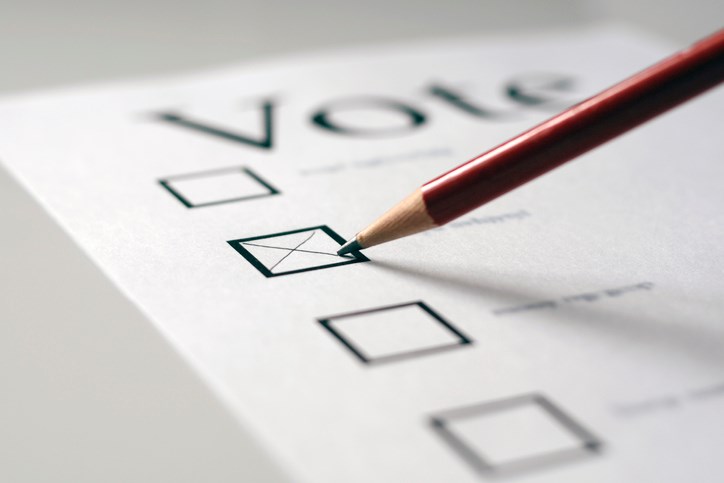Are younger voters becoming more conservative in their political outlook?
A growing body of polls and other forms of research would seem to indicate this indeed may be the case.
A Leger poll out this week showed that in B.C., 41 per cent of those aged 18-34 would vote for the B.C. Conservative Party if an election were held today. By comparison, the NDP would attract the support of just 37 per cent of that age group.
This is not an isolated example.
An Abacus Data poll back in March showed that at the federal level, the Conservatives had a whopping nine-point lead over the NDP in the 18-29 age bracket, getting 36 per cent support while the NDP tracked at 27 per cent and the Liberals trailed at 19 per cent.
Among the 30-44 age bracket, the Conservatives led the Liberals by a huge 20 point over the Liberals, at 43 per cent compared to just 23 per cent.
These kinds of findings are starting to flip conventional wisdom about voting patterns on its head.
It has long been the case that younger voters tended to lean to the left when they came of legal voting age and in many cases got more conservative as they grew older. That political maxim appears to be changing significantly.
Indeed, the Leger poll showed how the script has been flipped yet another way. When it comes to older voters aged 55 and up, the NDP has the support of 48 per cent of that age group compared to just 34 per cent for the B.C. Conservatives.
Again, this kind of finding is opposite of the consensus view that existed for years: the older voter is more likely a conservative supporter.
This apparent shift in younger voters’ traditional political views is not confined to Canada.
Europe has recently seen the emergence of right-wing political parties in countries such as Portugal, the Netherlands, Germany, and France that attract the support of younger voters. In the recent French election, Marine Le Pen’s far-right National Rally party attracted the support of 49 per cent of those voters agreed 25-34, compared to the party’s 41 per cent nationally.
Why is this happening?
It appears younger people feel disaffected by the status quo. They are shut out of home ownership and are at the mercy of a viciously expensive rental housing market that low-paying jobs cannot afford.
There appears to be growing resentment towards older generations which, for the most part, do not face the same bleak situation, having spent years accumulating their wealth.
A couple of other observations.
First, young men as opposed to young women seem to be breaking towards the conservative side of the political ledger in greater numbers. Indeed, I can recall observing those trucker convoy protests a while back and being struck by the large number of young (mostly white) men in attendance.
Second, polls in the United States have shown that former U.S. president Donald Trump had a significant lead over President Joe Biden among young male voters.
But that may be changing as Democratic presidential nominee Kamala Harris’ candidacy has turned everything upside down and younger voters, according to recent polls, are flocking back to the Democrats.
Will this apparent shift in attitudes have any impact on elections?
It’s important to note that one thing hasn’t changed over the years: older people tend to vote in far greater numbers than younger voters. Until that pattern changes significantly, young people shifting rightward will have little political impact.
Keith Baldrey is chief political reporter for Global BC.



